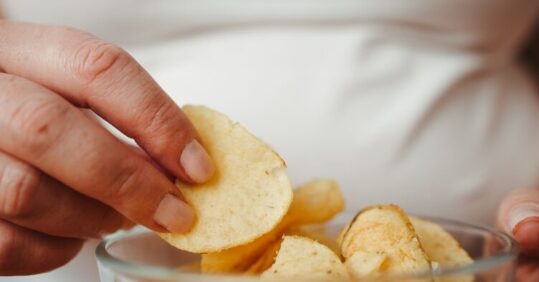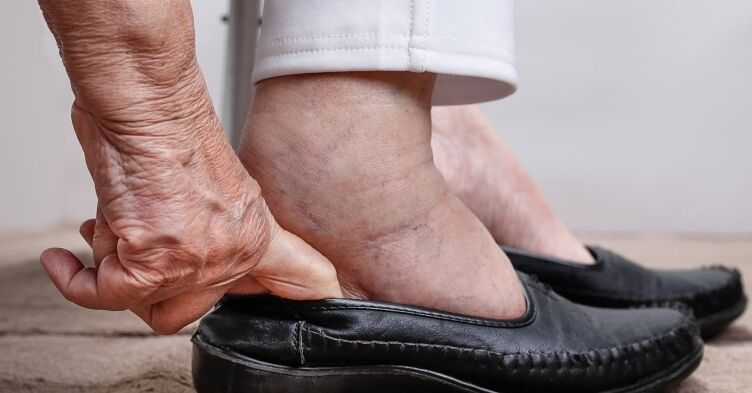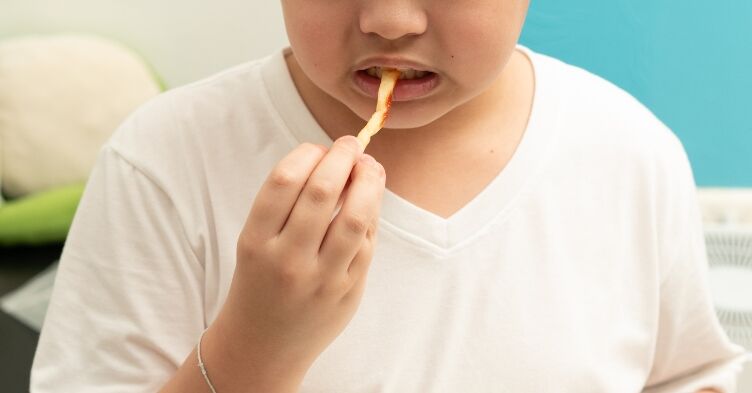Researchers examining whether snacking is bad for health found that the quality of snacks and the time of snacking were the most important factors in determining health outcomes.
Late-night snacking and snacking on highly processed foods were found to negatively affect health.
The work, led by King’s College London, is part of the ZOE PREDICT project, which aims to examine how and why people respond to the same foods differently and was presented this week at Nutrition 2023, the annual meeting of the American Society for Nutrition.
Snacking is defined as any eating event between the main meals of breakfast, lunch and dinner, and over 70 per cent of people say they snack at least twice a day. In US and UK, about 25 per cent of our energy comes from snacks, but this varies widely across cultures. Many people struggle to make healthy snack choices, and others may be unaware of the impact of snacking habits on their overall health and wellbeing.
Using data from just over 1,000 people in the UK who took part in the ZOE PREDICT 1 study, the researchers examined how the time a person ate a snack, as well as the amount and quality of the snack, affected blood fats and insulin levels, both indicators of cardiometabolic health.
Dr Kate Bermingham, a postdoctoral fellow at King’s College London, said: ‘Surprisingly little has been published on snacking, despite the fact that it accounts for 20-25% of energy intake. PREDICT followed a large number of people and captured detailed information on their snacking behaviours, allowing this in-depth exploration of snacking on health.’
The researchers found that snacking on higher-quality foods containing significant amounts of nutrients relative to the calories they provide and avoiding snacks high in refined carbohydrates and low in fibre and protein was associated with better blood fat and insulin responses.
‘Our study showed that the quality of snacking is more important than the quantity or frequency of snacking, thus choosing high-quality snacks over highly processed snacks is likely beneficial,’ said Dr Bermingham.
‘Timing is also important, with late-night snacking being unfavourable for health,’ she added.
Late-night snacking was associated with unfavourable blood glucose and lipid levels. This is likely to be because the eating window lengthens and the overnight fasting period shortens.
The researchers found no association between snacking frequency, calories consumed, and food quantity with any of the health measures analysed.
Dr Bermingham added: ‘We observed only weak relationships between snack quality and the remainder of the diet, which highlights snacking as an independent modifiable dietary feature that could be targeted to improve health.’







